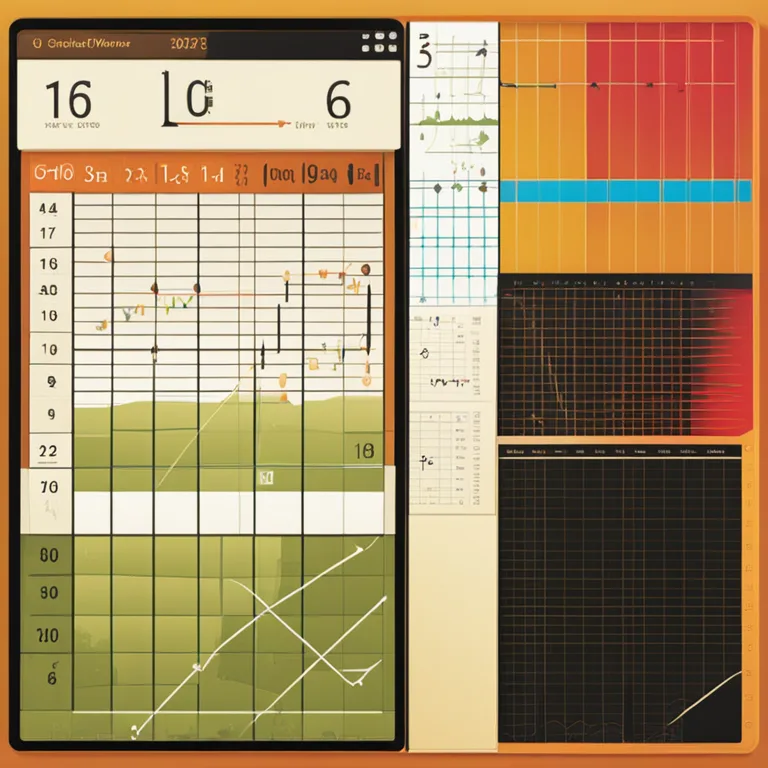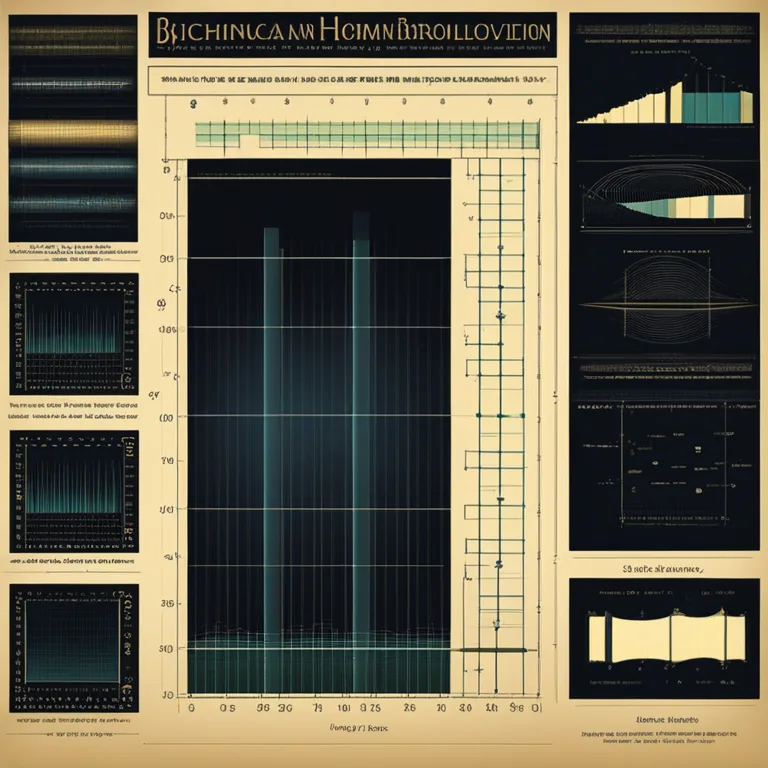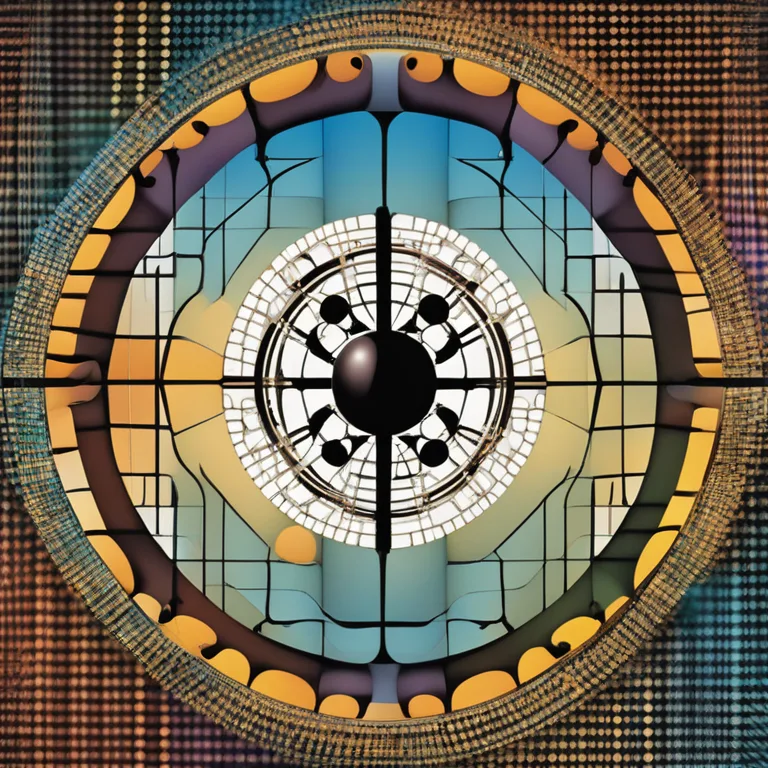
The Rhythms Within: An Insight into Biorhythms Theory
Delve into the essence of biorhythms theory, understanding the hypothetical cycles that could be influencing your physical, emotional, and intellectual states.
article by Adrian Wallace
The Basis of Biorhythms
Biorhythms theory posits that our daily lives are influenced by rhythmic biological cycles. According to proponents, three fundamental biorhythms—physical, emotional, and intellectual—affect our capabilities and mood. The physical cycle, approximately 23 days long, pertains to our strength, stamina, and overall well-being. The emotional cycle, lasting around 28 days, parallels the moon and is linked to our feelings, mood, and creativity. Lastly, the intellectual cycle, at about 33 days, reflects our mental sharpness, problem-solving abilities, and communication skills. By monitoring these, some believe it's possible to predict periods of high achievement or potential vulnerabilities.

Origins and Development
Biorhythms theory traces back to the late 19th century but gained popularity in the 1970s. Dr. Hermann Swoboda and Dr. Wilhelm Fliess, contemporaries of Sigmund Freud, were instrumental in formulating and studying the concept. Over time, advances in the fields of psychology, biology, and computational technology have allowed practitioners to chart and analyze these cycles with increased precision. Now, in 2024, biorhythms have a niche following, with enthusiasts using apps and software to calculate their personal rhythms and plan their activities accordingly.

Calculating Your Biorhythms
One's biorhythms are typically calculated starting from their birth date, with each cycle resetting to "zero" on this day. From then on, a sine wave is used to represent the progression of each rhythm. Days when a cycle crosses the zero line are considered critical, since these periods are seen as transitional phases where individuals are purportedly more prone to errors or accidents. Modern tools, powered by algorithms and user-friendly interfaces, enable individuals to input their birthdates and receive instant biorhythm charts, allowing the curious to experiment and observe how well their experiences align with the theory.

Scientific Scrutiny & Public Perception
Biorhythms theory, while intriguing, is not without its skeptics. The scientific community, generally speaking, regards biorhythms as pseudoscience due to a lack of empirical evidence backing the theory. Critics argue that the theory falls prey to the Forer effect, wherein individuals believe vague, general statements to be highly accurate for them personally. Nevertheless, the public's fascination persists, as many find it a useful framework for self-reflection or simply an entertaining lens through which to view life's highs and lows.

Integrating Biorhythms into Everyday Life
For those who embrace biorhythms, the theory becomes a tool for enhancing self-awareness and decision-making. Some may choose to undertake important activities when their biorhythms predict peak performance or avoid critical undertakings during their so-called low phases. In the year 2024, with the digitalization of health and wellness, biorhythms are also being examined alongside wearables and health data to provide more personalized lifestyle recommendations, albeit with a clear understanding of their speculative nature.
Biorhythms and Compatibility
Beyond personal introspection, biorhythms theory extends its reach into the realm of relationships, where it's used by some to evaluate interpersonal compatibility. Much in the same way as astrological signs, it's thought that comparing biorhythm cycles can shed light on the potential harmony or discord between individuals. This aspect of biorhythms has found a particular niche within dating services and apps, where users can match their cycles with that of potential partners, adding another dimension to the complex world of human connection.
Published: 12/28/2023
Modified: 12/28/2023
More predictions
Come back here soon to learn more about yourself and your future


Biorhythm Compatibility & Birthdays
Discover the intriguing connection between your birthday biorhythms and relationship harmony in our insightful article.


Biorhythm Compatibility: Fact Or Myth?
Explore the concept of biorhythm compatibility to discover if there's a real connection between our biocycles and relationship harmony.


Biorhythm Theory: Fact Or Fallacy?
Explore the fascinating concept of biorhythms to discern if there's any scientific accuracy behind this popular belief.